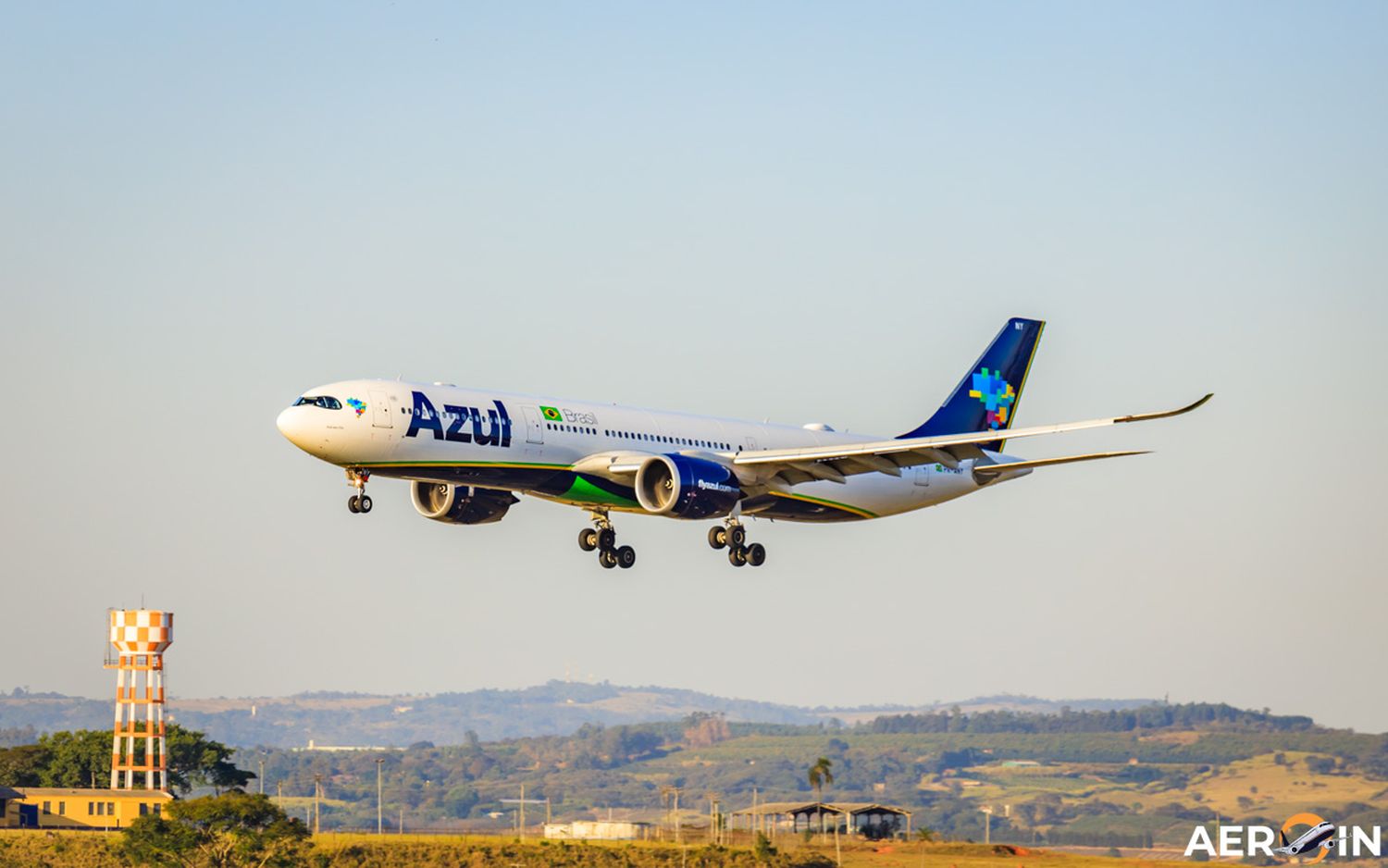Reports indicate Azul is unlikely to avoid entering Chapter 11 in the coming days
Signs of a possible Chapter 11 filing in the U.S. by Azul Linhas Aéreas are intensifying, with reports suggesting the airline is already negotiating financing to support the move. According to Bloomberg, the company founded by David Neeleman is seeking approximately $600 million in DIP (Debtor-In-Possession) financing to maintain operations during a potential restructuring under U.S. bankruptcy law—a step that could be taken as early as next week.
Azul's situation unfolds within a challenging landscape for Brazilian commercial aviation. While its competitor GOL Linhas Aéreas is preparing to wrap up its own Chapter 11 case in the U.S., and Voepass Linhas Aéreas struggles to get approval for its reorganization plan in Brazil—having yet to resume regular operations—Azul appears to be heading down a similar path.
The airline, until now the only major carrier founded after Brazil’s aviation sector deregulation in the 1990s to avoid judicial recovery or bankruptcy, is now facing mounting financial pressure. Despite surviving the pandemic without seeking court protection, the maturing of debt agreements and the sustained strength of the U.S. dollar against the Brazilian real are placing heavy strain on its finances.
With capital markets out of reach and no concrete progress from the Brazilian government on a proposed credit line for the industry, Chapter 11 emerges as a viable route for restructuring the airline’s liabilities.
In an effort to bolster its market position, Azul had previously explored acquiring LATAM Airlines Group and is currently in talks for a potential merger with GOL Linhas Aéreas. However, this latter option appears increasingly unlikely amid GOL’s ongoing restructuring and the inherent complexities of such a merger.
If confirmed, Azul would become the third Brazilian airline to undergo judicial recovery simultaneously, highlighting the ongoing challenges in Latin America’s largest aviation market. The company—known for its extensive domestic network and a diverse fleet including Embraer, ATR, and Airbus aircraft—now faces a complicated legal and financial process as it strives to secure its long-term viability.


Comentarios
Para comentar, debés estar registrado
Por favor, iniciá sesión